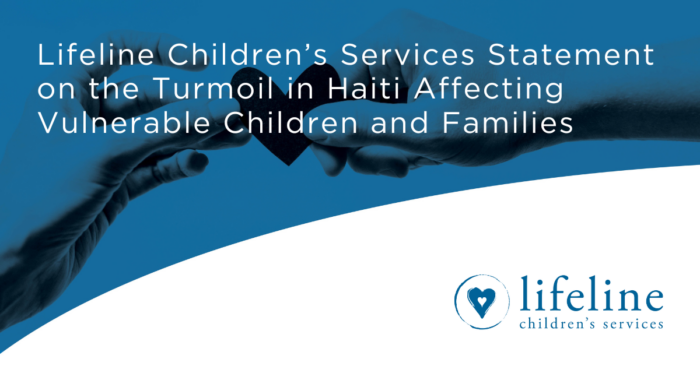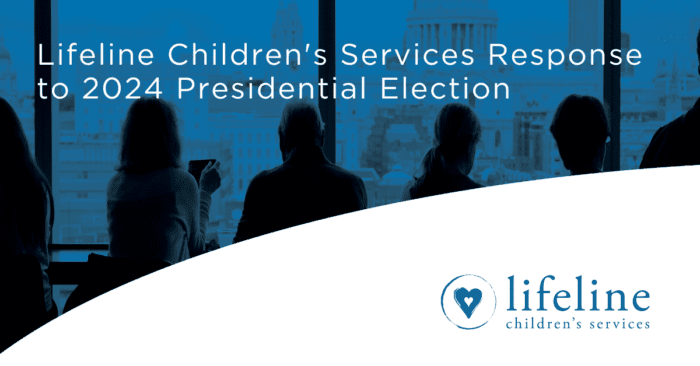Do you, like I have, struggle with the term “godliness”? I recently stumbled across a simplified definition that proved helpful: loving what God loves and hating what God hates. Psalm 97:10 states, “O you who love the LORD, hate evil!” We are to hate sin, including injustice for the vulnerable. Conversely, we are to love the Lord and His glory (Psalm 104:1); we are to love His church (1 Cor. 12:25-26); and we are to love and pursue righteousness (Heb 12:14).

So, in light of these commands, how can we train the next generation to have a godly heart toward the orphan—to stand up for the vulnerable? The opportunities are endless, so I encourage you to be creative! Below, you can find a good starting place with four practical ways to begin training your children to love the orphan as God does.
1. Teach your children the biblical doctrine of adoption.
Ephesians 1:4-5 states that God chose us (the believer) before the foundation of the world for adoption as sons through Jesus Christ according to the purpose of His will. God did not choose us based upon our cuteness (in fact, quite the opposite), nor did He choose us because of our excellent behavior (again, it was despite our behavior). Rather, God chose to pursue us and love us and bring us to Himself despite the fact that it would cost Him His one and only Son. Knowing this truth doesn’t automatically change our hearts, but it is an essential beginning in training our children to know God’s heart for the orphan and the hope of the gospel.
2. Pray for Orphans.
Typically, nothing motivates someone to action faster than steadfast and devout prayer. As we pray with our children for orphans, children in foster care, and other vulnerable children around our city and around the world, God will begin stirring up in your children’s hearts a call to action and desire to serve.
3. Enable and help them get involved in this ministry for themselves.
Even if this means you doing all of the preparation work and even if it means some inefficiency, there is something powerful in children being included in ministry. Last summer, we took a #StandForOrphans with several children from our community, and the excitement and sheer joy of participation on these children’s faces no doubt showed the imprint that was being left on their hearts. The children spent one evening in preparation and on the night of the stand, the parents got out of the way and let the children have full control of the stand. These children got a taste of serving the orphan and vulnerable child first-hand and loved it.
4. Model Risk and Vulnerability to Your Children.
Teach your kids that it is OK to prayerfully and wisely take risks in life. My wife and I were married just over two years and had no parenting experience when God called us to become foster parents three children (ages 5, 3, & 2). Remember, God promises not to allow you to be tempted in a way that’s beyond escape (1 Cor. 10:13), but no where in Scripture does God promise not to put circumstances in our life that our beyond what we can handle on our own. Why does He do this? It is only in these times that we come to the end of our own abilities and find ourselves simply clinging to the cross and His amazing grace. Allow your children to see that daddy and mommy are not Superman or Superwoman, but, rather, show them that daddy and mommy serve a SUPER God! Following God beyond what may be comfortable to us shows our children that when He calls us to care for others in a way that stretches us, we can obey because our God is strong and sufficient.
Remember, it is our generation’s prerogative (our right and privilege) to train the next generation to “love that which God loves” and “hate that which God hates.” This works itself out in many areas of life, one in which is orphan care. Let us train the next generation to “defend the weak and the fatherless” (Psalm 82:3a) through theology, prayer, stepping out and taking risks, all while remaining vulnerable and fully dependent on God.
Written by: Matt & Kait Kaeb, foster parents through Lifeline Children’s Services.




